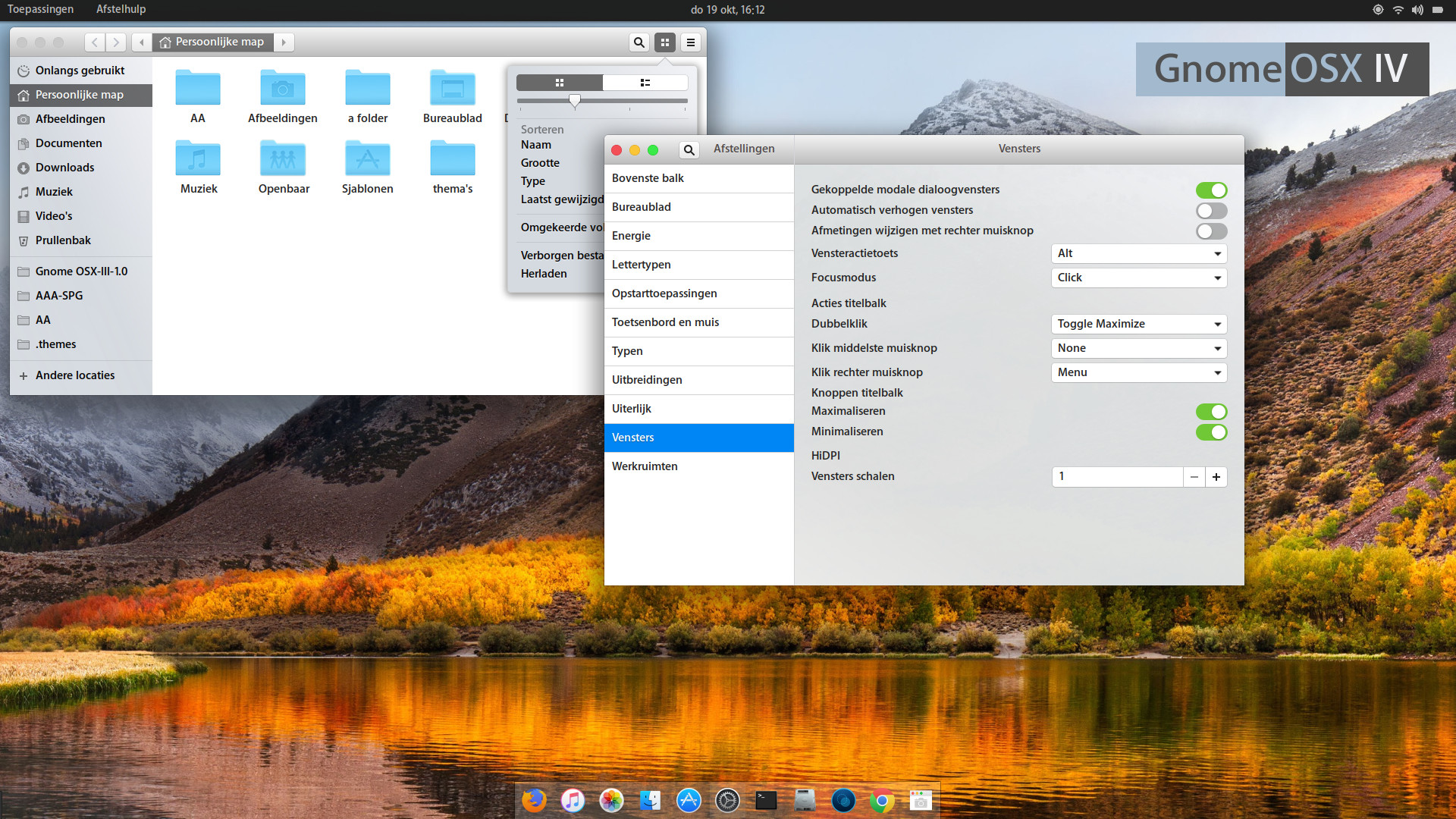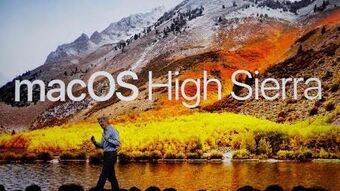Each time a new operating system arrives, there comes an ubiquitous head-to-head battle: is the new one any better than previous one? Is upgrading worth the effort?
Today we’re going to answer these questions (and a few more) in regards to the new macOS 10.13 High Sierra and its older twin, macOS Sierra. We’ll drill into new features that are worth upgrading as well as downsides if you decide to install macOS High Sierra Beta. At the same time, we’ll have a closer look at regular Sierra version, which may just be strong enough to stick to many Mac users’ preferences.
Class Compliant Devices “Class compliant” devices do not require a driver or any additional software to operate on your Mac. With no known exceptions, class-compliant devices are compatible with macOS 10.13 High Sierra, but please check the manufacturer’s website for official compatibility information before proceeding. Mac OS High Sierra launched with a few new features such as an enhanced Apple Photos with new capabilities and many security updates and fixes. There were also quite a few tweaks and fixes that made users want to get the latest Mac OS High Sierra download at the time. The Mac OS High Sierra release date was September 25, 2017. MacOS High Sierra is packed with new features and refinements. There's a new file system, AFS, for better security, reliability and speed in file transfers. Better graphics and VR supported have. High Sierra is an update of MacOS which focuses mostly on back-end developments and a higher level of user security. As such, this operating system lays a foundation for future upgrades. The Apples macOS Sierra has approached high version which is called “macOS High Sierra”. Unlike usual this time again, the OS is innovatively designed and focused on core features. Except this, there are tons of major changes and enhanced graphics level like its better photos, 5k resolution, and file system.
So, let’s put all cards on the table and go for an unbiased macOS High Sierra vs macOS Sierra comparison. After a bit of fact-checking, we’ll leave it to you whether or not to upgrade to macOS High Sierra Beta.
Reasons you should upgrade to macOS High Sierra Beta
The macOS 10.13 High Sierra packs a bunch of new features that promise more capabilities for gaming, virtual and augmented reality. Then, there’s a series of small refinements that capitalize on a better, faster and more powerful UI. Here’s why you should probably upgrade to macOS High Sierra.
A better file system

One of the main arguments for the macOS High Sierra is, undoubtedly, the improved file system, which has received a significant speed boost. The new APFS (Apple File System), as it is now called, completely reorganizes how data is stored and processed, making it easy for users to copy files faster. For instance, the new copying algorithm allows to send a file to a new location, without storing both copies on drive. The Time Machine has got more flexible and now requires less drive space to operate. From now on your files are better protected against accidental crashes, which is obviously a strong selling point.

Enhanced graphics, VR and AR in Metal 2

If you’re looking for just one reason to upgrade to macOS High Sierra Beta, this is it. Metal 2 is the improved technology wrapped around GPU settings and, basically, an accelerator for your apps. It’s really a game-changer in macOS High Sierra, leveraging powerful tools for developers that can now benefit from external GPU support.
New high-end editing tools in Photos
The Photos app has evolved with a set of new tools for easy, in-depth editing — Curves, Selective Colors — just to name a few. Amusingly enough, you can now launch external editing tools, like Photoshop, right inside Photos. More live effects and a new sidebar to organize your collections should make photo business more fun in macOS High Sierra.
HD videos that take less space
The new macOS High Sierra also introduces some great space-saving techniques, while maintaining the video quality as high as ever. High-Efficiency Video Coding (HEVC) is finally supported, which brings video compression to the next level. To put it short, your smaller size videos will look uber cool in Ultra HD.
Safari takes on speed
When run on macOS High Sierra, Safari could be the fastest browser ever invented. Period. Not to mention it also got safer and a lot less annoying, by giving users more power to block their unwanted ads.
Siri gets smarter
Os High Sierra To Big Sur
Recently named the world’s most popular voice assistant, Siri has moved one grade up in macOS High Sierra. Compared to the previous OS, it speaks in a more natural voice and can even DJ at your parties. Well, at least create your favorite playlists and answer music-related questions.
Os High Sierra Mac
Of course, these are just cherries on top of the new macOS 10.13 High Sierra. If you’re already converted by now and can’t wait to hit the Install button, here are some sobering points that may make you change your mind.
Reasons you should stick with macOS Sierra (for now)
When analyzing the new features of macOS High Sierra, everything sounds great in theory. However, keep in mind that, for now, the download is only available to Apple Developers and is in Beta Version, which says a lot of possible issues and bugs will inevitably pop up.
What’s more, depending on how old your Mac is, it’s possible that it won’t be able to support all the improved capabilities that macOS High Sierra brings to the table. From this standpoint, if you’re not willing to risk your system to help Apple test High Sierra, you might be safer with regular macOS Sierra until the official version of macOS 10.13 High Sierra is released.
Most experts agree that the current update looks less of a breakthrough, but rather a scrupulous rework under the hood. That means if you aren’t a software developer or a gamer, you might not even notice the difference.
And the last reason, 32-bit apps will no longer be supported in macOS High Sierra. It concerns quite a few apps, really, (ones that don’t have a 64-bit version) but if some of your favorites are 32-bit, you are really out of luck.
Feature Comparison | macOS Sierra | macOS High Sierra |
| Size on drive | 4.78 GB | about 3 GB |
Graphics | Metal (API) basic | Metal 2, perfect for gaming |
Video | H.264 compression | H.265, 40% Ultra HD |
Photos | Easy photo organization, face recognition | Built-in advanced editor, more effects added |
File System | HFS+, used for 20 years | APFS, faster file operation |
If you are not entirely convinced about switching and yet want your Mac to run better, you can look into some simpler solutions. After all, upgrading your Mac’s OS is a big move, a die-and-reborn type — you cannot predict all possible risks. At the same time, most Macs require cleaning and optimization after some months of use, like repairing disk permissions or re-indexing Spotlight search. This way you’ll boost the performance of your current OS.
How to speed up and optimize your Mac
Final tips before switching to macOS High Sierra
- Backup your most important data
- Remove junk from system folders — CleanMyMac X will do it in just minutes
- Update all your apps (by clicking Check for updates…)
- Delete large & old files to free up drive space
The latter can be done with CleanMyMac, the most popular Mac cleaning app in the world, that finds 74 GB of junk on an average Mac. Check it out — you can download it for free and clean 500 MB of system junk free of charge.
Thanks for getting to the bottom of this article. Hope it helps, folks. Stay tuned!
